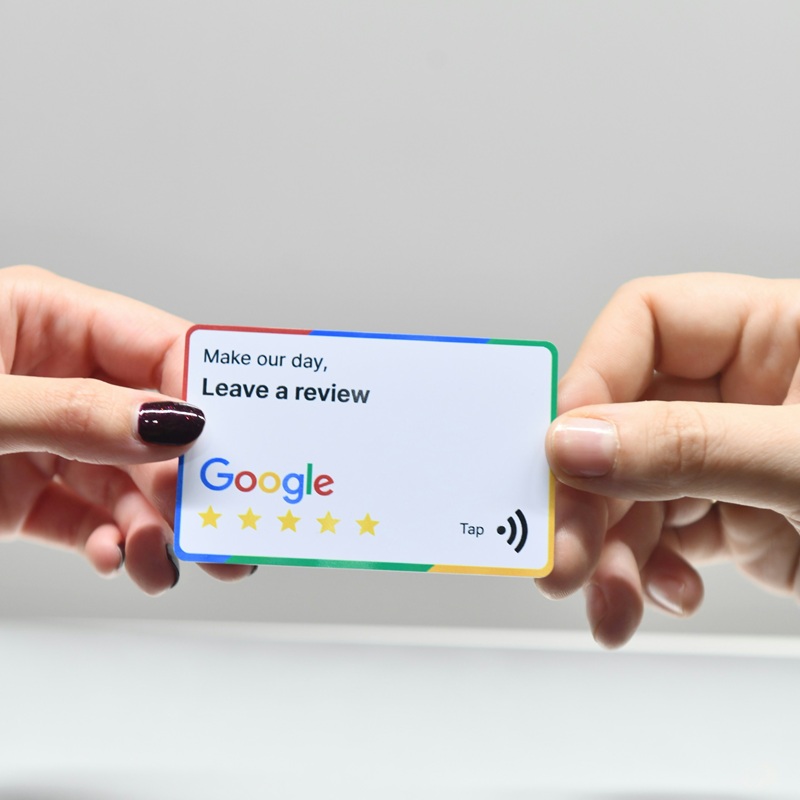How Do I Get Fake Or Defamatory Online Reviews Removed?
How Do I Get Fake Or Defamatory Online Reviews Removed?
How Do I Get Fake Or Defamatory Online Reviews Removed?
A Solicitor who specialises in reputation management and defamation can help you get fake or defamatory online reviews removed. They can also advise you on bringing a defamation claim if what is stated in the review is untrue and has or could cause you serious harm.
If you have spotted a negative review on Google, Trustpilot, Yelp, social media, or any other review platform, you may be feeling shocked, upset, and deeply worried about the impact fake or defamatory online reviews may have on your business. And you have good reason to be concerned as consumers cannot always tell the difference between genuine and fake reviews. According to research, 93% of online consumers will read reviews before purchasing a product and 86% of people were put off buying from a business that had lots of negative reviews. Defamatory comments can be even more serious, resulting in the loss of your personal and professional reputation, and even threats to you and your family’s safety.
Is there a law to protect against fake or defamatory online reviews?
It is a breach of UK law to write or commission fake reviews or publish them without applying sufficient checks regarding their authenticity. The EU also bans fake reviews.
From 6 April 2025, the Digital Markets, Competition and Consumers Act 2024 (DMCCA) banned submitting or commissioning fake consumer reviews and publishing consumer reviews in a misleading way or without taking reasonable steps to verify them. There is a grace period of three months (until 6 July 2025), in which the Competitions and Markets Authority (CMA) will not enforce these new rules. After that, the CMA can either bring court proceedings against the company posting the review or take direct action itself via fines and redress. People who are in the business of repeatedly posting fake reviews for UK businesses (sometimes referred to as review fraud), either on that organisation’s review site or a competitor, may have all their reviews deleted and be unable to post for at least six months.
What should I do if an online review is defamatory?
You must contact an experienced Defamation Solicitor to advise and represent you as defamation is a complex area of law and bringing a claim comes with its own risks.
Defamation is a term that covers both libel and slander. The former covers ‘lasting’ publications, be it print, social media, broadcasting, or online. Slander covers spoken words or gestures.
For an online review to be defamatory, the Defamation Act 2013 provides that it must have caused or be likely to cause you ‘serious harm’. You also need to show the contents of the review:
- Lowers you in the estimation of right-thinking people generally, andHas a substantially adverse effect on the way people may treat you.
The threshold for ‘serious harm’ is high. In Lachaux v Independent Print Ltd [2015] EWHC 2242 (QB), the Supreme Court upheld a judgment in the High Court which held that claimants should have to prove as a fact, on the balance of probabilities, that serious reputational harm had been caused by, or was likely to result from, the publication complained of, that is, not just that words have a defamatory tendency. In addition, the Court was entitled to consider evidence of what happened after the statement had been published.
It is vital to note that you only have 12 months to bring a defamation claim, and this includes complying with the Pre-Action Protocol for Media and Communications Claims requirements.
How can I manage the risk of fake or defamatory online reviews?
The best cure for fake or defamatory online reviews is to avoid them being published in the first place. This can be done by:
- Rigorously vetting reviews and reporting reviews that are fake to Google, Trustpilot, Amazon, etc.
- Keep an updated CRM so you know who your customers are. That way, you can swiftly spot if a review has been written by someone who has never used your services before.
- Respond to all your reviews. Businesses who do this see less review fraud overall. Responding to both encouraging and negative reviews promptly and professionally will also contribute to a positive commercial reputation.
- If the review is defamatory, contact a Defamation Solicitor If you report the review to the publisher, make sure you take a screenshot before it is deleted.
Wrapping up
A specialist law firm providing virtual in-house counsel services can undertake an online review risk management exercise quickly and cost-effectively. You can get fake reviews removed, but it is also vital to understand your legal responsibilities under the DCMMA regarding preventing fake reviews that may mislead your customers appearing on your website.
Defamatory comments must be dealt with immediately. A solicitor specialising in reputation management can provide the advice and representation you need to have the statements removed and, if necessary, bring a claim for damages.
To find out more about any matters discussed in this article, please email us at info@43legal.com or phone 0121 249 2400.
The content of this article is for general information only. It is not, and should not be taken as, legal advice. If you require any further information in relation to this article, please contact 43Legal.
Melissa Danks is the founder of 43Legal. She has over 20 years’ experience as a solicitor working within the legal sector dealing with issues relating to risk management, dispute resolution, and advising in-house counsel in SMEs and large companies. Melissa has extensive expertise in providing practical, valuable, modern legal advice on large commercial projects, joint ventures, data protection and GDPR compliance, franchises, and commercial contracts. She has worked with stakeholders in multiple market sectors, including IT, legal, manufacturing, retail, hospitality, logistics and construction. When not providing legal advice and growing her law firm, Melissa spends her time running, walking in the countryside, reading and enjoying downtime with close friends and family.












